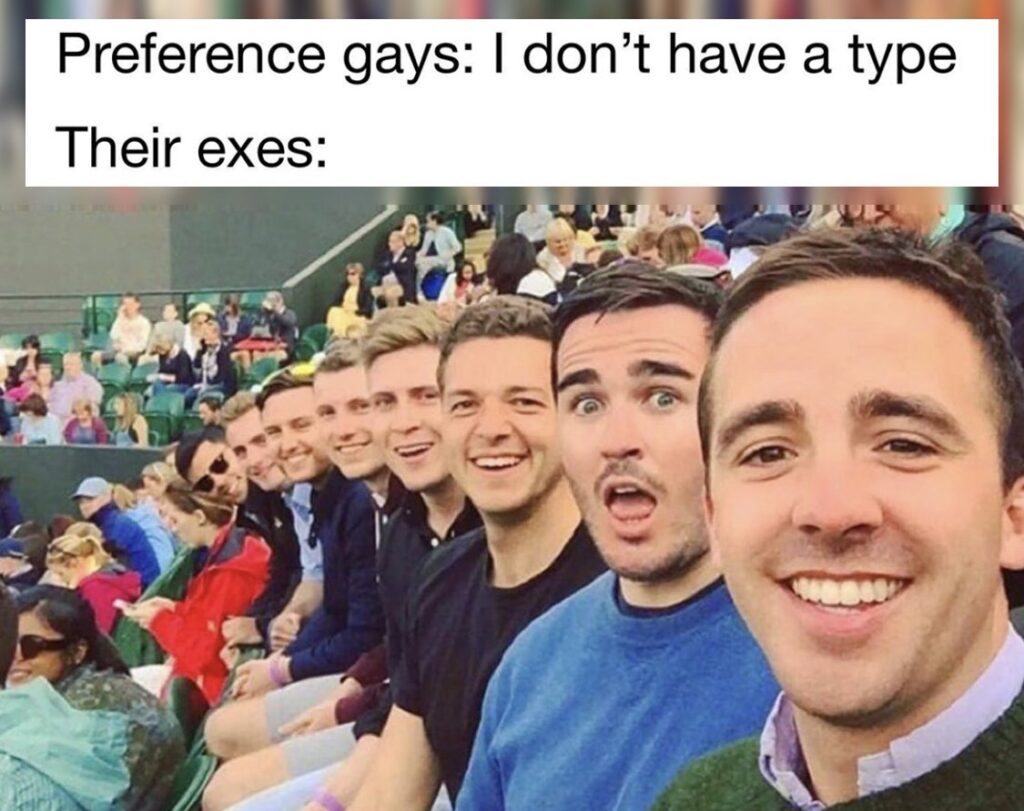Illusions: Let’s Be Real
The summer following my senior year of high school, my youth pastor invited me to be a counselor at a Bible camp located along a beach in Washington. My good friend (who had done it the year before) and I would be sharing a cabin of eight rowdy six to eight-year-old boys. This would be my first experience entertaining so many children that I didn’t know.
There was one boy I remember in particular, standing in the check-in line with his orange long-sleeve tee, camo pants, and crocs, rotating from swinging on his mother’s arm to bouncing in place. Jarred was a handful to say in the least.
The first evening at camp, the counselors take all the kids to play at the beach as the sun sets. My co-counselor took the batch of seven to the beach, while I lagged behind looking for Jarred. I arrive to the cabin to find Jarred sitting on a bunk, looking through the Pokémon book that he brought.
“Come on Jarred, let’s go to the beach,” I request, holding the door open with one hand and signaling with the other.
“I don’t want to go to the beach,” he whines, flipping over another page.
“Jarred, we have to meet everyone else at the beach.” I urge, naïve as to how to really handle the situation.
“I don’t want to go to the beach. Every time I go to the beach, my dad yells at me,” he moans, lowering his head and almost shoveling out a tear.
Dumbfounded, I could only walk up to him, give him a side hug, and reaffirm, “Jarred, we’re not going to yell at you. We just want to play.”
My first two years at Point Loma were much like Jarred’s experience at camp. So many people told me that they loved me, that they cared for me, but those statements weren’t enough. There was a single obstacle I still had to overcome, myself, always looking back on those words my friend said back in high school:
“I don’t like the way you live and don’t feel like associating with you. I was just blind to the way you are I guess. Sorry man.”
As humans, we have a way of nurturing our imaginations, fostering them until they become deceptively real to us. We start perceiving reality through the lens of these paralyzing illusions,
acting cautiously,
speaking quietly,
and responding defensively.
Eventually, life becomes a game of control, where we are trying best to avoid pain and lead a safe life. We try to live in this reality that isn’t true, where our biggest fault is giving these fantasies the characterization of truth, as though they were indeed real.
These fantasies provide us with the illusion that we know what will happen. We feel we can control each outcome, and we begin ignorantly, yet unintentionally, shifting ourselves to the place of God and becoming God. Sadly, the God of reality does not live in these illusions, because God does not live in anything that is not real. God lives and works in reality, cultivating that which is.
As our own god of these imaginations, we leave only ourselves to deal with them. Once these fantasies collide with reality, where God exists, what we thought would happen actually doesn’t. Consequently, we try to take the reigns once more, moving ourselves back to the position of God.
At some point, the pressing pains of loneliness and the fantasy-given crying desires for truth become too much to bear:
That he wants to kill himself,
That she sees no way from that emotionally and physically abusive relationship,
And that no one can sympathize with a gay friend.
Until these imaginations become understood for what they are and these emotions are encountered, they will continue to torment us, hiding God’s presence from us.
My two-year-old idea of Point Loma – that honesty brought more heartache and that the quiet life is the better life – came crashing down when these emotions like thorns could no longer be suppressed. I reconstructed my Point Loma and discovered the presence of God that I prohibited from flourishing before. The friends, teammates, and professors, that I believed would turn away, welcomed me back in and came alongside me and said, “I still love you.” Everything that I though was real was proven otherwise. This place is not what I thought it was. It was what I thought it couldn’t be.
Without these people, God’s people, we can’t see the godlessness of living in illusions or that God only exists in reality. Without realizing the illusions of imaginations, these fantasies become the focal point and create a false reality. But once that realization arrives, the time comes to move beyond imagination into reality, advancing from the absence of God to the presence of God.
One response to this post
-
Anonymous
Thanks for posting this. I have felt a lot of the same lately and it helps seeing all this in writing and helps me figure out my life and whats truly important.



Thanks for wanting to contribute!
You have one more step.
Your email address will not be published.